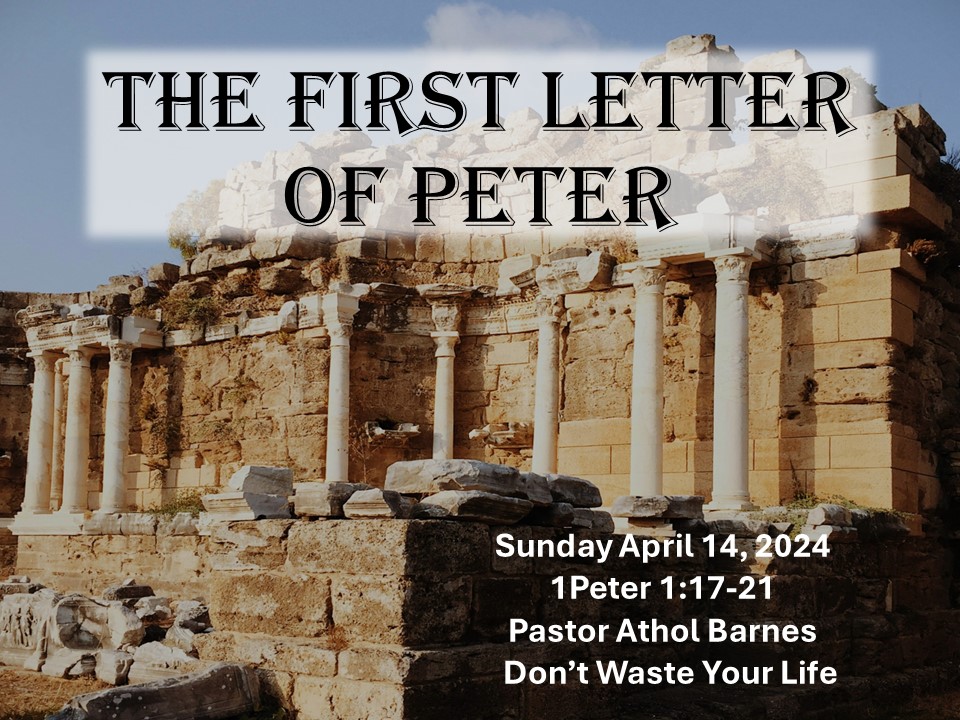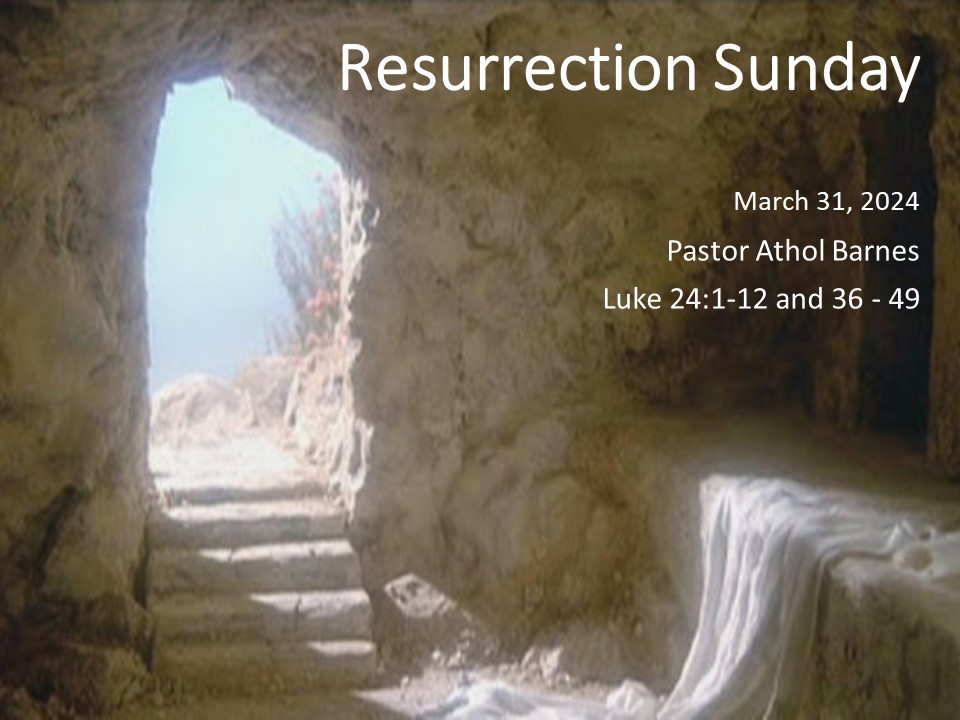
To play on a sports team, you must have the talent and the skill required to play a particular position on the team. If you don’t have the talent or skill set, you might not be chosen for the team, and you will have to become a spectator.
However, if you are a follower of Jesus, you have been chosen to be a part of the Body of Christ; you are already “on the team”. There’s more good news— you have been equipped by the Holy Spirit with spiritual gifts so that you can play an integral role in the church.
Spiritual Gifts Are Vital
Some people choose to be passive in the church, even though God has equipped every believer to participate. When a believer chooses not to actively participate in the church, we all miss out on their God-given gifts. Sadly, many people in the church act as spectators, not active players on the team. What if every believer actually took the Word of God seriously, believing themselves to be an integral member of the church and exercising their God-given gifts for the ministry of the church and the glory of God?
Spiritual Gifts are God-Given
“A spiritual gift is any ability that is empowered by the Holy Spirit and used in any ministry of the church.”
Wayne Grudem
The gifts of the Spirit are a measure of God’s grace. They are not based on our worthiness or ability to earn them. When we receive the Holy Spirit at conversion, He imparts spiritual gifts to us. In verses 4-6 we note that the whole Trinity is involved in the gifts. “The same Spirit… the same Lord…the same God.” The Triune God has been acting in unity for all eternity, and the Triune God is now actively working in each believer’s life.
Spiritual gifts are given to be used.As we utilize our gifts in the church, we must keep three things in mind.
Spiritual Gifts Require Effort
Just because these gifts are God-given doesn’t mean it is easy to use them in the church, nor is it a passive endeavor in which we are effortlessly carried along by the Spirit.
Using our gifts requires obedience and takes effort on our part. But as we expend energy to activate the gift, God infuses our effort with His power so that the impact of the gift brings Him glory.
Spiritual Gifts are Not a Competition
God has uniquely gifted every believer for certain roles in the Church. Don’t look at someone else exercising their gift and covet them because they are getting accolades, or you think their gift is cooler than yours.
If you try to operate in a gift that you don’t have, you will burn out and others may be hurt.
Spiritual Gifts are Others-Oriented
2 Corinthians 12:7 reads, “To each is given the manifestation of the Spirit for the common good.”
God gives us spiritual gifts for the good of the whole church. Our gifts are not to be exercised only for our own benefit. We may benefit from using them, but their primary focus is the building up of the church.
Paul rebuked the church in Corinth because some were using their gifts for selfish purposes, manipulating others for their own benefit. Sadly, history has shown us repeated examples of incredibly gifted people using their gifts for immoral and sinful purposes.
Several passages list gifts of the Spirit: Romans 12, 1 Corinthians 7, 1 Corinthians 12, and Ephesians 4. There is some overlap between the passages, but most scholars agree that the lists are not intended to be exhaustive. God can supernaturally give gifts of any kind to His children; whatever gifts He gives are always purposed for the common good of the Body of Christ.
Neglecting Spiritual Gifts
The tragic reality is that many people hold back from exercising their God-given gifts. Consequently, they are not fulfilling their God-given design.
When people don’t actively use their gifts, the church becomes ineffective and apathetic in ministry. Church members and the church in general become stagnant because a few people are doing all the work. Often this means those few people are trying to do things they are not gifted to do. This leads to burnout.
In addition, when people don’t exercise their gifts, they don’t mature spiritually (see Hebrews 4:12-14).
Why People Neglect Spiritual Gifts
What holds people back? I can think of at least three possible reasons.
Fear of failure
“What if I fail and am unable to meet my obligations?”
Fear of failure is a subtle form of pride. I don’t want to make a fool of myself, so I will just sit back and let everyone else do the work.
We fall prey to fear of failure if we think that we are responsible for the results. These are the gifts of the Spirit and the Holy Spirit is responsible to empower our gifts. The pressure is off.
Apathy
“Someone else can do it.”
If the Holy Spirit has empowered you, gifted you, and called you, it is terrible to sit back and remain apathetic. You will never regret serving the Lord when He calls you.
Fear of commitment
This is one of the evils of our generation, the terror of commitment.
People don’t want to step into a role in the church, exercising their gifts, because it means commitment and possibly limits their options.
Again, that is prideful and idolatrous; thinking that I know what is better for me than the perfect will of God.
Exercise Your Gifts
The church will be healthy, the community will be blessed, and you will be fulfilled when you use your spiritual gifts.
One of the best ways to discover your spiritual gifts is to sit down with another believer who knows you well, someone who can be honest and pray with you. Allow that person to affirm or coach you to understand your spiritual gifts. Then study that gift and ask how your particular gift can be used in the church.
We will all be blessed as a result.










